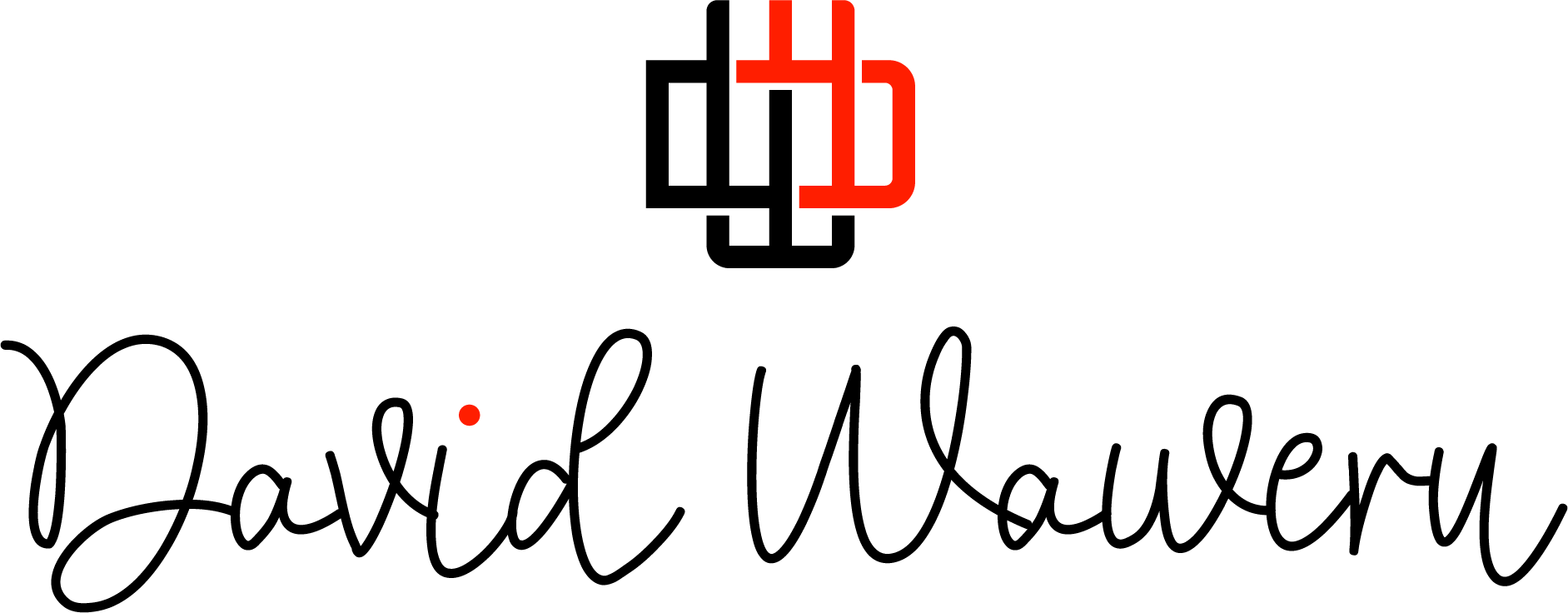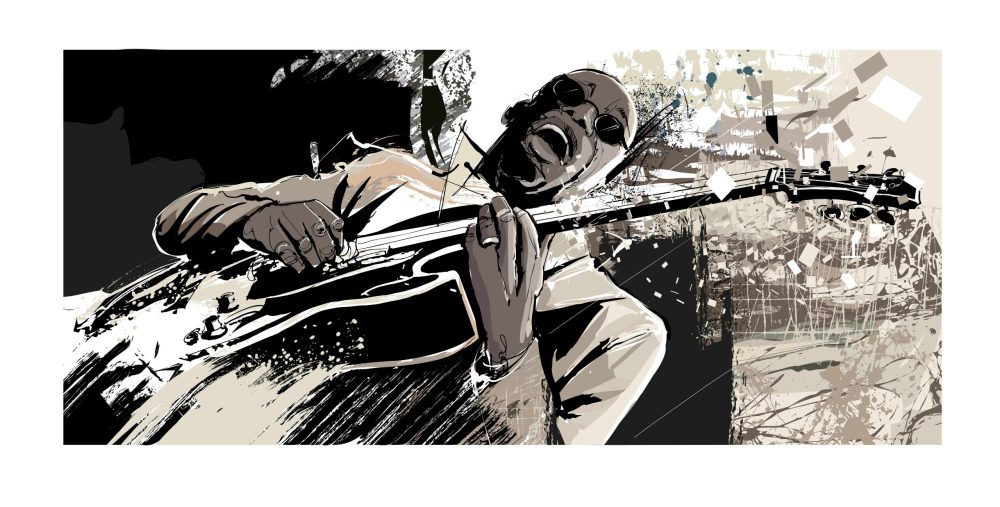The cultural and creative industries across Africa hold immense potential for economic growth and social development. With a rich cultural heritage and a dynamic, youthful population, the continent stands at the cusp of a cultural renaissance that can drive innovation and economic diversification. A comprehensive report on the state of cultural expressions in Africa sheds light on the current landscape, challenges, and opportunities within this vibrant sector.
A Weave of Cultural Diversity
Africa, comprising 54 countries, boasts a population of over 1.3 billion people, with a median age of approximately 19.7 years. The continent is known for its rich cultural assets, which have historically influenced global culture, yet local creators have only marginally benefited from their contributions. This presents a significant opportunity for the continent to harness its cultural wealth to drive sustainable economic development.
Challenges Facing the Creative Sector
Despite the abundance of talent and cultural heritage, Africa’s creative industries face several challenges. These include:
- Fragmentation: The creative industries are largely driven by small enterprises and individuals, leading to a fragmented production, marketing, and distribution cycle. This fragmentation increases production costs and hinders innovation.
- Limited Commercialization: The commercialization of cultural and artistic creations is limited both domestically and internationally. This is due to inadequate infrastructure, insufficient funding, and limited market access.
- Data Gaps: Persistent gaps in quantitative and statistical data hinder informed decision-making and policy development. Accurate data is essential to assess the health of the cultural and creative industries and guide future policies.
Strategic Opportunities for Growth
To unlock the potential of Africa’s cultural and creative industries, several strategic opportunities are highlighted:
- Supportive Governance Frameworks: Governments need to develop and implement policies that support the creative sector. This includes enhancing media diversity, promoting digital inclusion, and ensuring fair compensation and intellectual property rights for creators.
- Infrastructure Development: Investing in cultural infrastructure such as film studios, performance venues, and digital platforms can help streamline the creation, production, distribution, and access processes, making them more innovative and cost-effective.
- Capacity Building: Training programs and professional development courses tailored to the needs of creative professionals can enhance skills and foster entrepreneurship. This includes digital skills training to help creators leverage online platforms for broader reach.
- International Cooperation: Strengthening regional and international collaborations can enhance the mobility of artists and cultural goods. Trade agreements that eliminate tariffs on cultural goods and services can facilitate smoother exchanges and promote global competitiveness.
- Community Engagement: Partnering with civil society organizations can enhance the representation of marginalized groups in the creative sector. Community media projects and inclusive cultural programs can ensure diverse voices are heard and celebrated.
Path Forward
Africa’s cultural and creative industries are poised for growth, but realizing this potential requires concerted efforts from governments, private sector players, and civil society. By investing in digital infrastructure, creating supportive policies, and fostering international partnerships, the continent can transform its cultural assets into thriving sectors that contribute significantly to economic and social development.
This article underscores the need for a collaborative approach among stakeholders in the cultural and creative industries to harness the full potential of Africa’s rich cultural diversity. By focusing on quality, innovation, and inclusivity, the continent can emerge as a global leader in the creative economy, driving sustainable growth and enriching lives through the power of culture.
Copyright ©2024 David Waweru. Photo credit: Shutterstock.com





